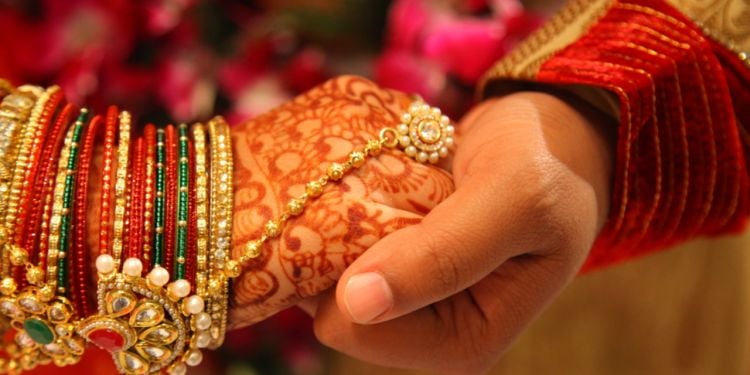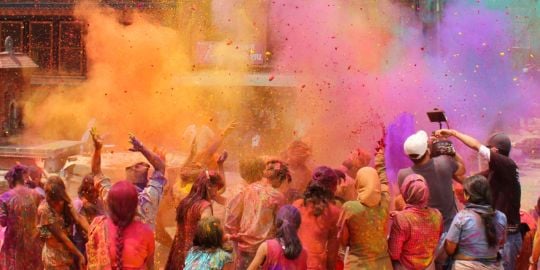Getting married in India

If you are a foreigner who has found his/her soulmate in India, you can solemnise your relationship by fulfilling certain legal conditions. Although there is no restriction regarding the marriage of a non-resident to another non-resident or to an Indian national, there are certain basic legal requirements for getting married in India. In India, civil weddings are governed by the provisions of The Special Marriage Act (1954).
Legal formalities for marriage in India
You are required to follow certain formalities and procedures to get your marriage certified and recognised in India as well as in your home country. The very first step that you need to take is apply for the Certificate of No Impediment. The certificate is issued following the publication of bans which will then allow you to celebrate your wedding in a civil or religious way.
If both partners are of the same nationality, you can get married before your home country's diplomatic authorities but if one partner is of Indian origin, the marriage will have to be conducted before the Indian authorities. Under the Special Marriage Act, there is a 30-day residency requirement, which means that either the groom or bride must have been living in India for at least 30 days prior to applying to the local registry office to get married.
Essential documents to get married in India
To apply for the Certificate of No Impediment you will need some documents that should be translated in English and stamped by the respective authority.
The documents that you need to provide:
- Each partner's birth certificate
- A certificate of registration at your home country's embassy or consulate in India
- Both partner's identity card or passport
- Proof of address
- A signed list of documents produced
- Contact details of the nearest municipality to your place of residence in your home country (where bans will be published)
- A celibacy statement in case your marital status has not been specified in your birth certificate
- A divorce certificate in case one of the partners is divorced
- A death certificate in case one of the partners is widowed
Once all the formalities are fulfilled, all the essential documents will be sent to the nearest municipality to your place of residence in your home country. The ban is then published within few days, and the Certificate of No Impediment will be issued and sent to your home country's consulate or embassy in India. Once you have received the certificate, you can get married.
The procedure of getting married in India
Prior to getting married, you need to submit your Notice of Intended Marriage to the registry office along with the evidence of residency, certified copies of birth certificates and two passport-sized photos. It is required for one of the parties to be present at the time when you submit the Intention to Marry.
When all the legal formalities are completed, you will be notified about your scheduled wedding date. You get almost a month's time for preparation of your marriage. On the day of the marriage, the presence of at least three witnesses is required.
The witnesses are also required to produce their passport copy along with their passport-sized photos. Finally, with the signatures of all the parties, the certificate of marriage is issued. This certificate must be produced before your home country's embassy or consulate of India for registration purposes.
Important:
You must get your marriage certificate legalised by Indian authorities and then get it stamped by your home country's embassy. Be sure to request a transcript of the marriage certificate in your own language.
Useful links:
Marriage registration in India
Government of New Delhi
Government of Mumbai - Obtain a marriage certificate









